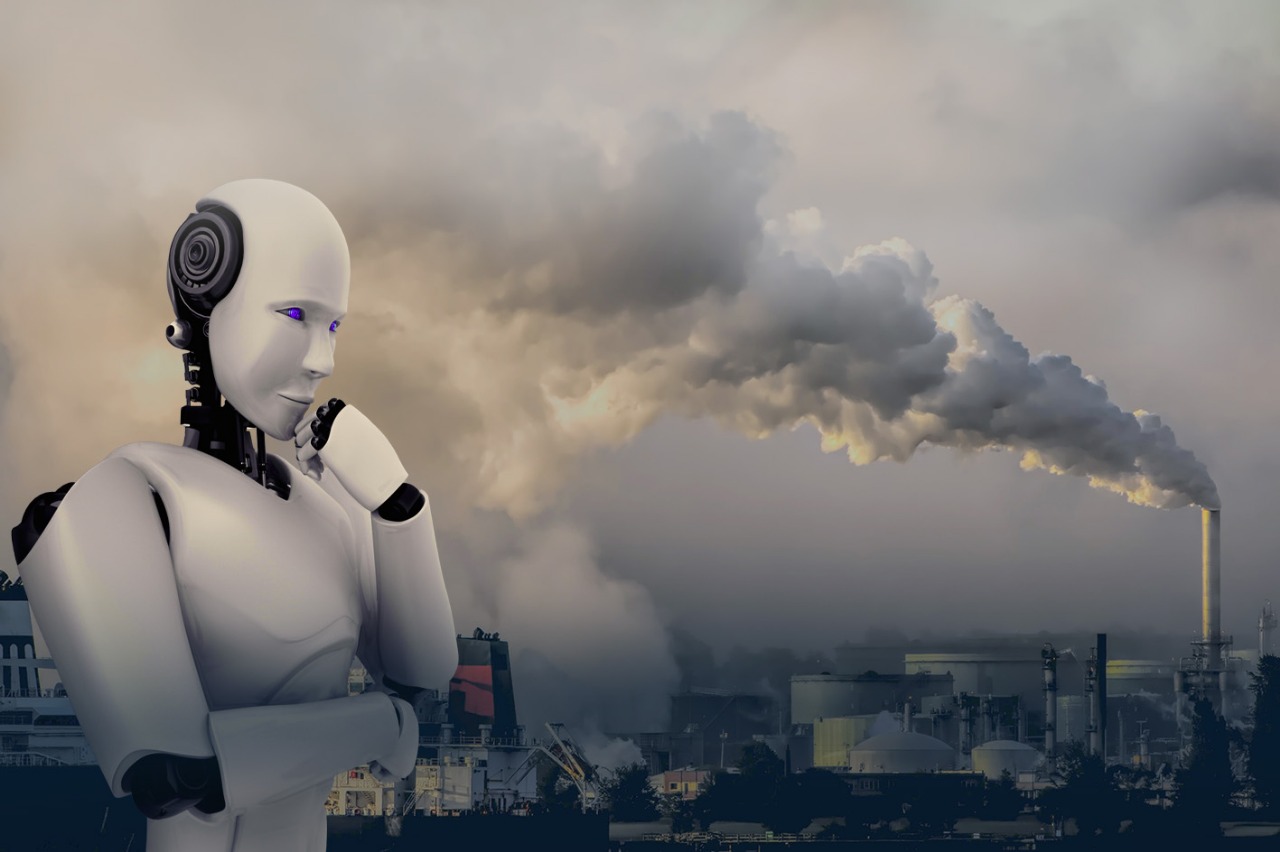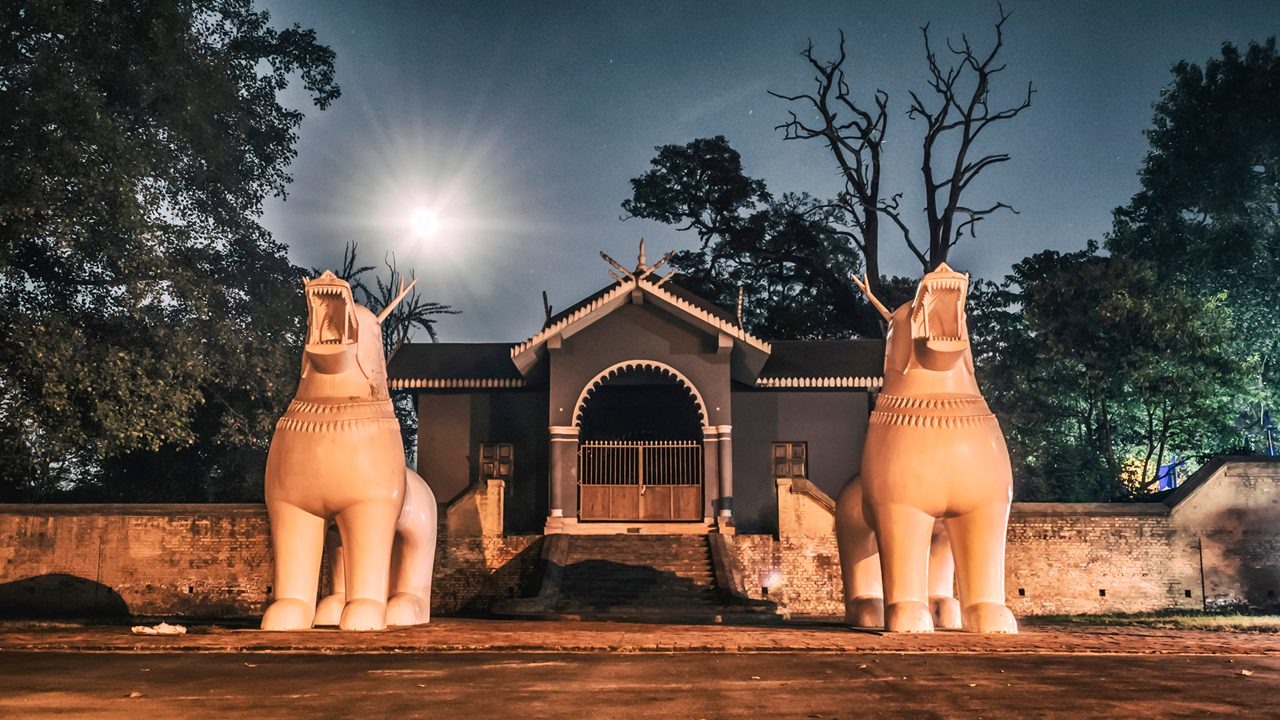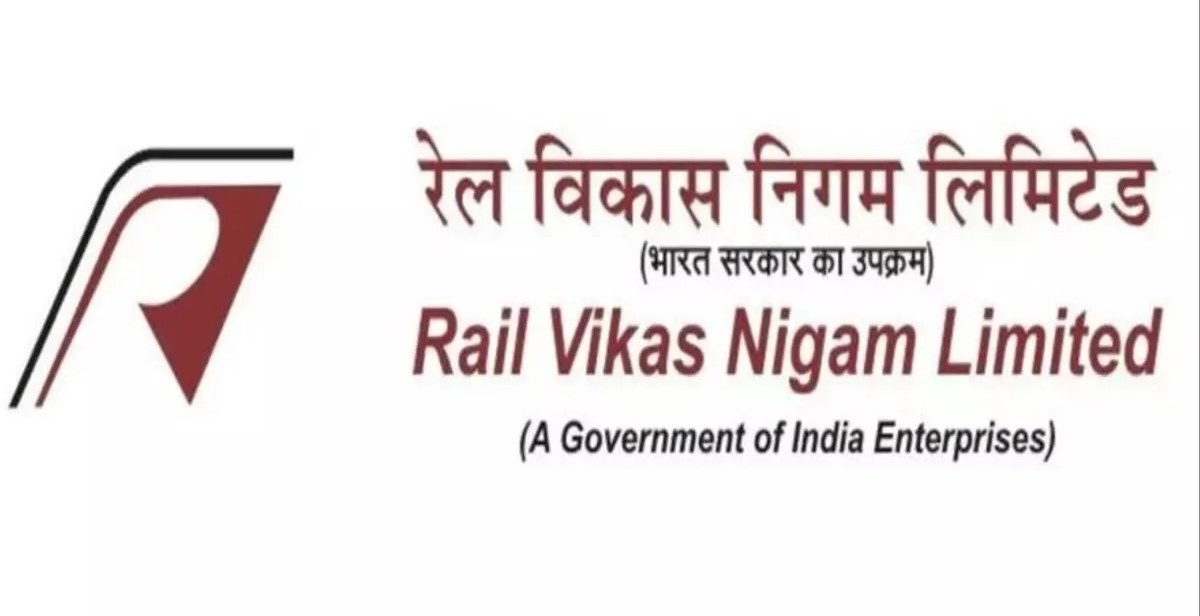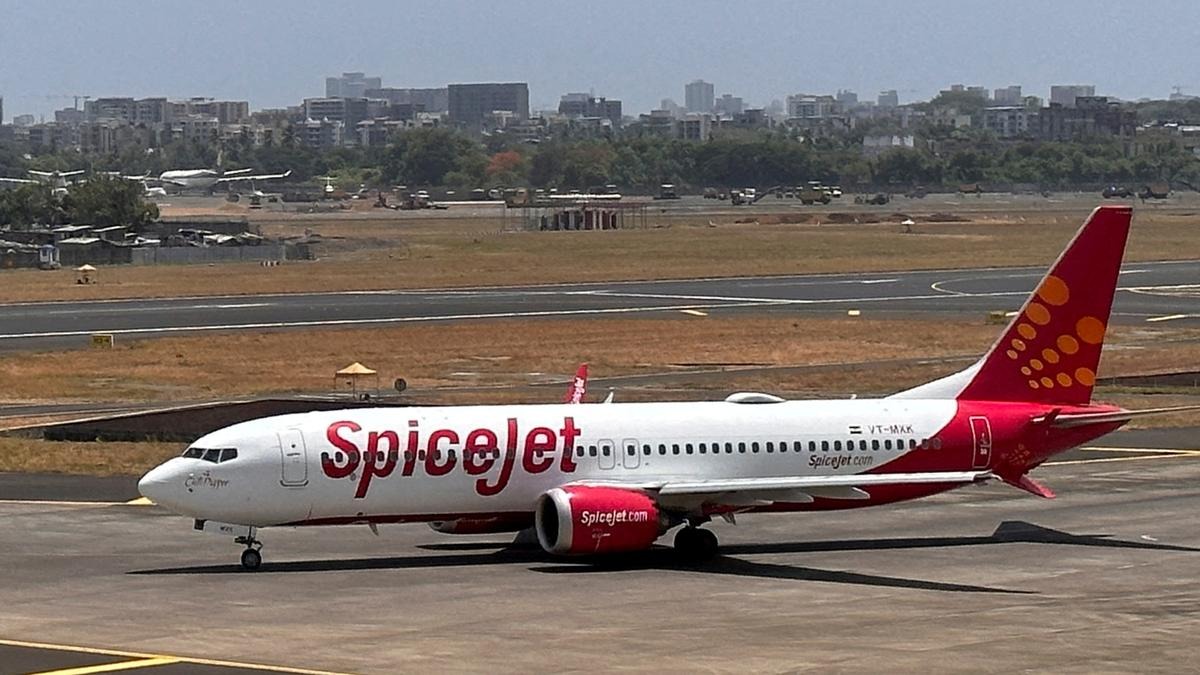
Follow WOWNEWS 24x7 on:

Delhi takes a big step toward cleaner air with the Delhi Pollution Control Committee (DPCC) partnering with the National e-Governance Division (NeGD) to bring artificial intelligence into the fight against pollution. This collaboration aims to create an AI-based platform that will help monitor, analyze, and manage air pollution more effectively in real time.
What This Means for Delhi’s Air Quality Management
The existing six pollution monitoring portals run by DPCC will be connected to form a single, unified system.
AI and machine learning will analyze data from sensors, satellite images, and traffic surveillance to give a detailed, local picture of pollution levels.
With better data, authorities can act quickly and target problem areas before pollution spikes get out of hand.
The new system will also help trace the sources of pollution and predict future trends, making enforcement much more precise.
Residents will benefit from smarter complaint systems and AI chatbots to help report problems and get information faster.
The collaboration was officially announced with Environment Minister Manjinder Singh Sirsa, who called it a big help in controlling Delhi’s pollution.
How AI Can Help Change Things
Delhi currently uses several different systems to track air and noise pollution. These systems don’t always work together, which makes it hard to see the full picture. The AI-driven platform will combine data from those multiple sources so pollution patterns become clearer. This means faster alerts and more accurate forecasts of pollution levels, helping officials jump on problems before they escalate.
Making It Easier for Authorities and Citizens
For pollution control teams, the platform means quicker, smarter responses. They’ll know exactly where pollution is worst and who’s causing it. For the public, the system will be more user-friendly, with AI chatbots guiding them on how to file complaints or understand pollution rules.
Looking Ahead
This partnership shows a clear commitment to using technology to solve one of Delhi’s biggest problems: air pollution. The goal is not just more data but better decisions and stronger involvement from citizens. Minister Sirsa highlighted that technology and data will play a key role in protecting health and improving Delhi’s environment for everyone.
Challenges to Watch
There are still challenges ahead, like making sure all data is accurate, keeping the sensor network well-maintained, and getting different agencies to work together smoothly. But officials expect the system to improve over time and could serve as a model for other cities facing similar pollution issues.
What This Means for Delhi’s Future
As Delhi moves toward smarter air quality management using AI, it hopes to reduce pollution more effectively and make the air easier to breathe for millions of residents. This partnership marks a hopeful chapter in a long-standing battle against pollution.
Sources: New Indian Express, Delhi Pollution Control Committee, The Statesman, Millennium Post





